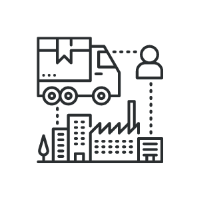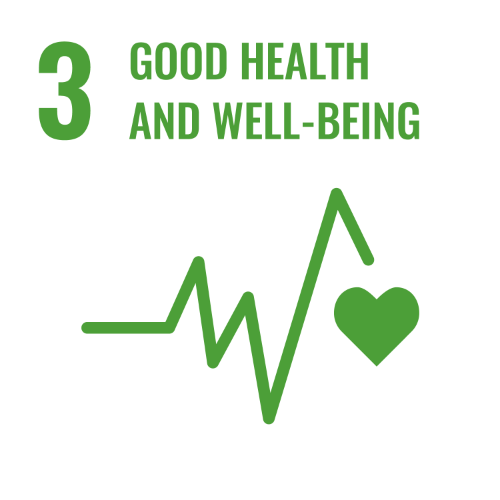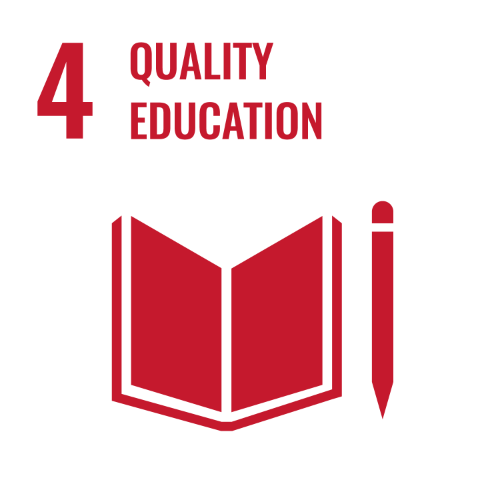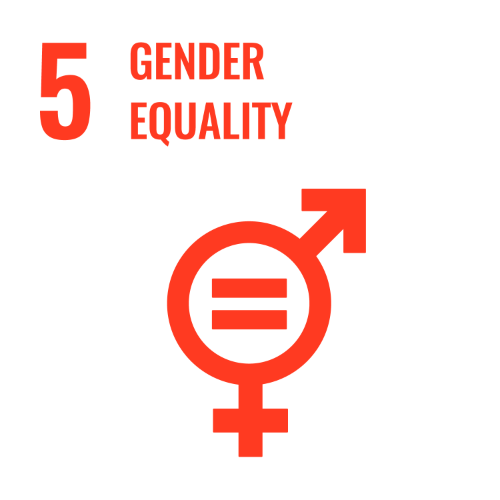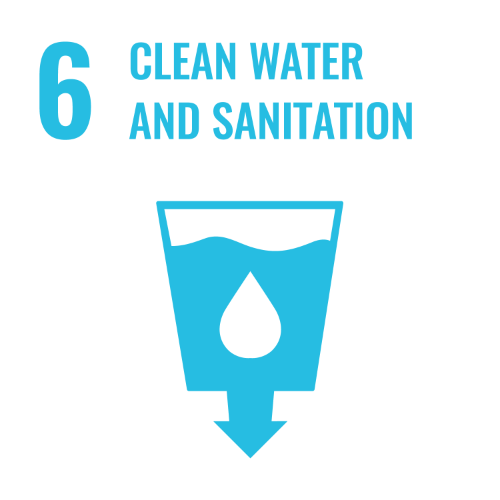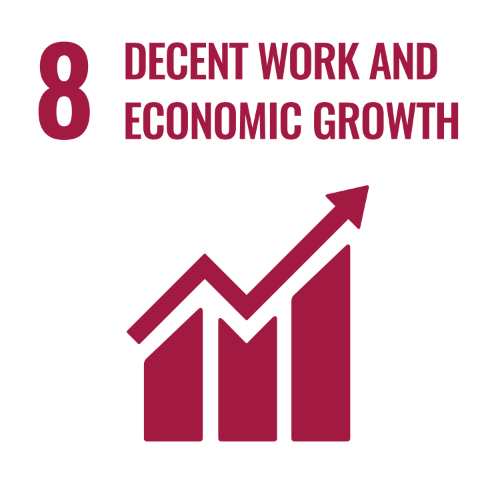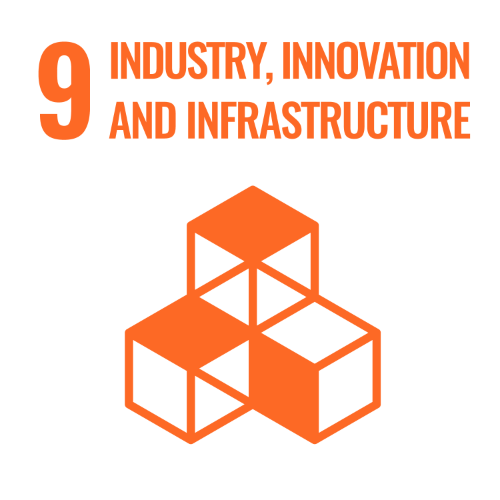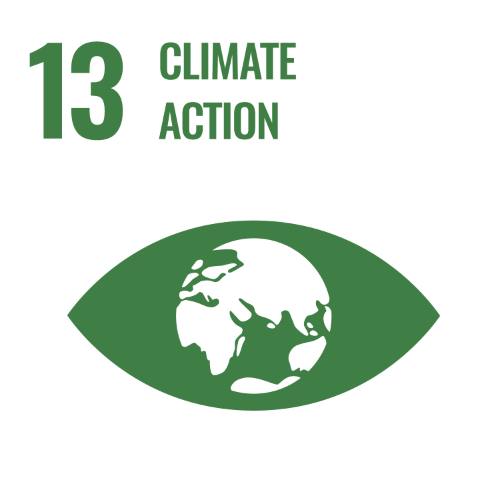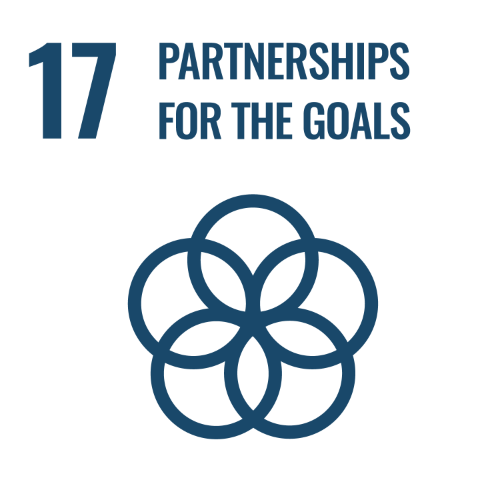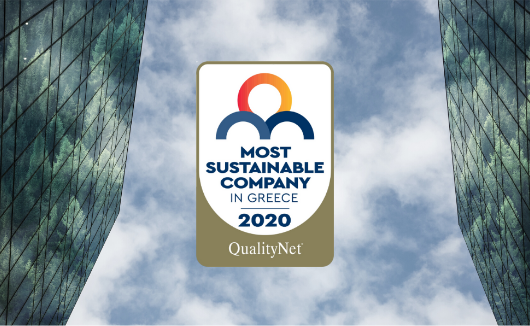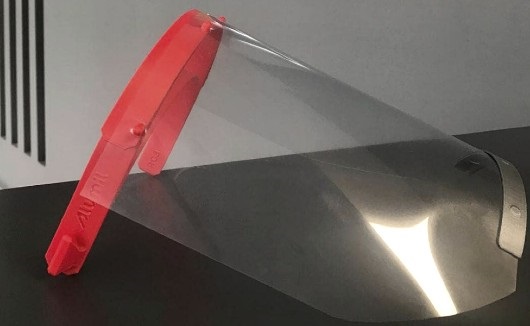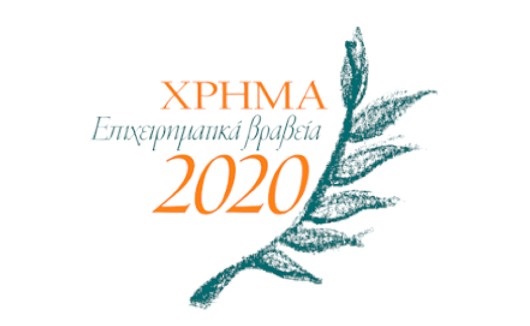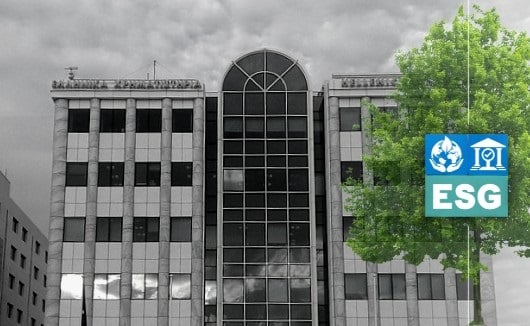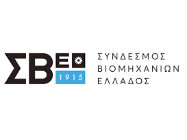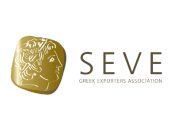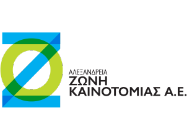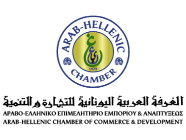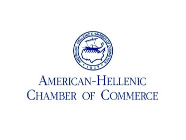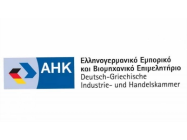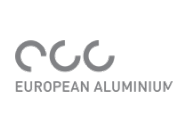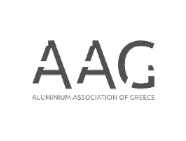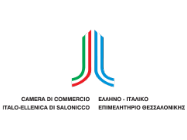ALUMIL BEYOND
Sustainability – Sustainable Development – Social Contribution
Our Achievements in numbers
Sustainability Report 2022


«We are developing the corporate social responsibility strategy, having in mind that companies can and should actively participate in the major challenges facing humanity».
We incorporate the Sustainable Development Goals of the United Nations
Awards & Recognition

Confronting marine pollution: Practical steps to take
Today, we're grappling with a significant environmental challenge: marine pollution. Our actions, driven by human activity, generate vast amounts of waste that harm the oceans and their precious ecosystems. Each year, billions of tonnes of garbage and pollutants are dumped into our seas, posing a severe threat.
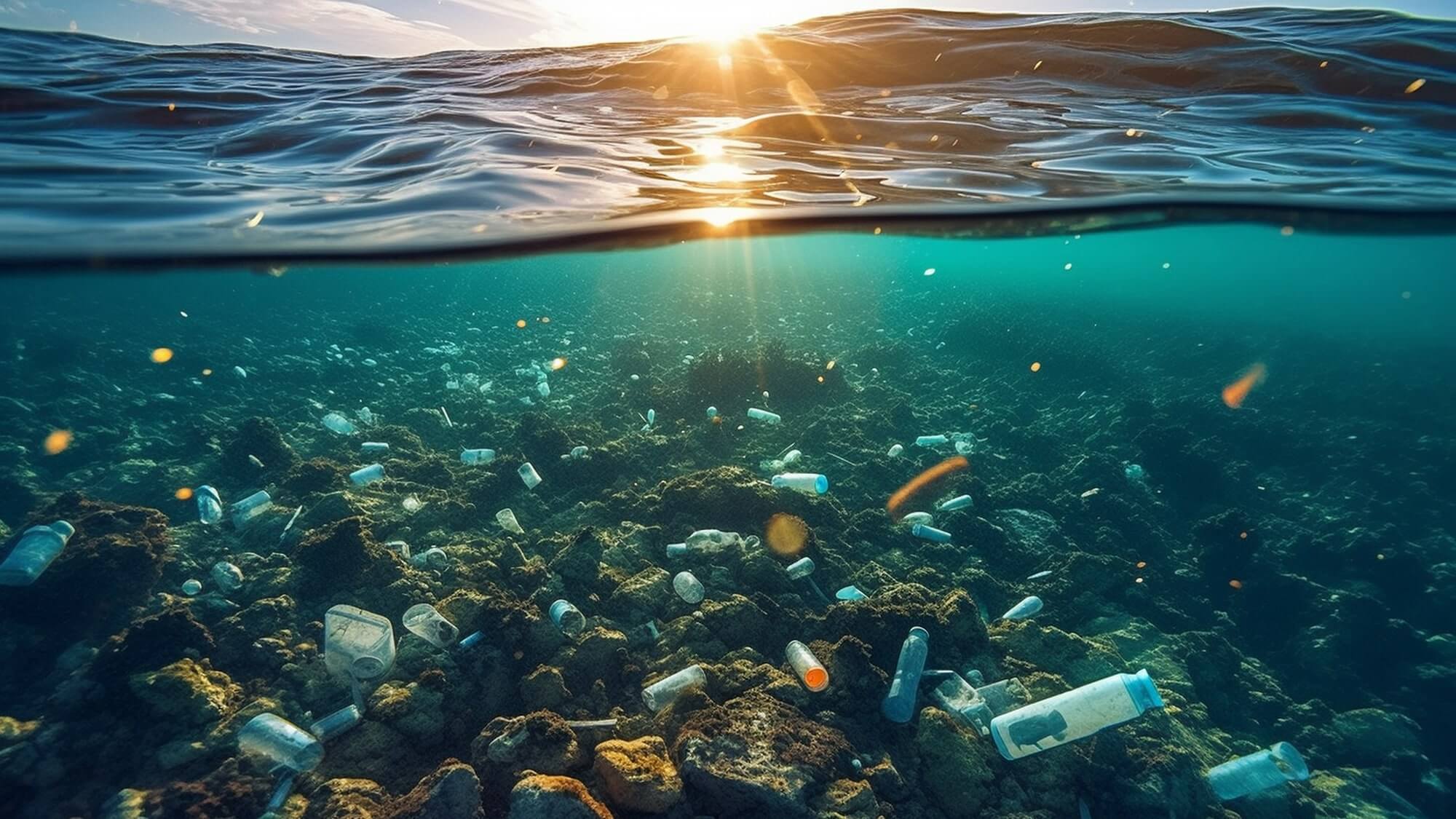
Identifying the primary forms of marine pollution
The origins and destinations of marine pollution warrant closer examination. Over the course of many years, researchers have outlined two primary categories: chemical waste and garbage. The bulk of these pollutants stem from activities on land or are directly released into the ocean due to human actions. Portions of this pollution settle onto the ocean bottom, while marine creatures inadvertently ingest a portion as part of their sustenance. Additionally, accumulation occurs along coastlines and within bays.
Peril posed by single-use plastics
Among the most widely recognised perils of marine pollution resides in the form of litter and plastic artefacts, representing a dual threat to both human beings and wildlife. A particularly significant facet impacting marine life is the prevalence of single-use plastic items, including but not limited to plastic bags. These items, designed for a solitary purpose and promptly discarded, often find their way into the ocean. Consequently, numerous marine mammals unwittingly ingest these materials. A prime illustration can be seen in the case of sea turtles, mistaking plastic bags for their favoured jellyfish prey. Similarly, seabirds consume plastics due to a chemical release that imparts a scent akin to their natural sustenance.
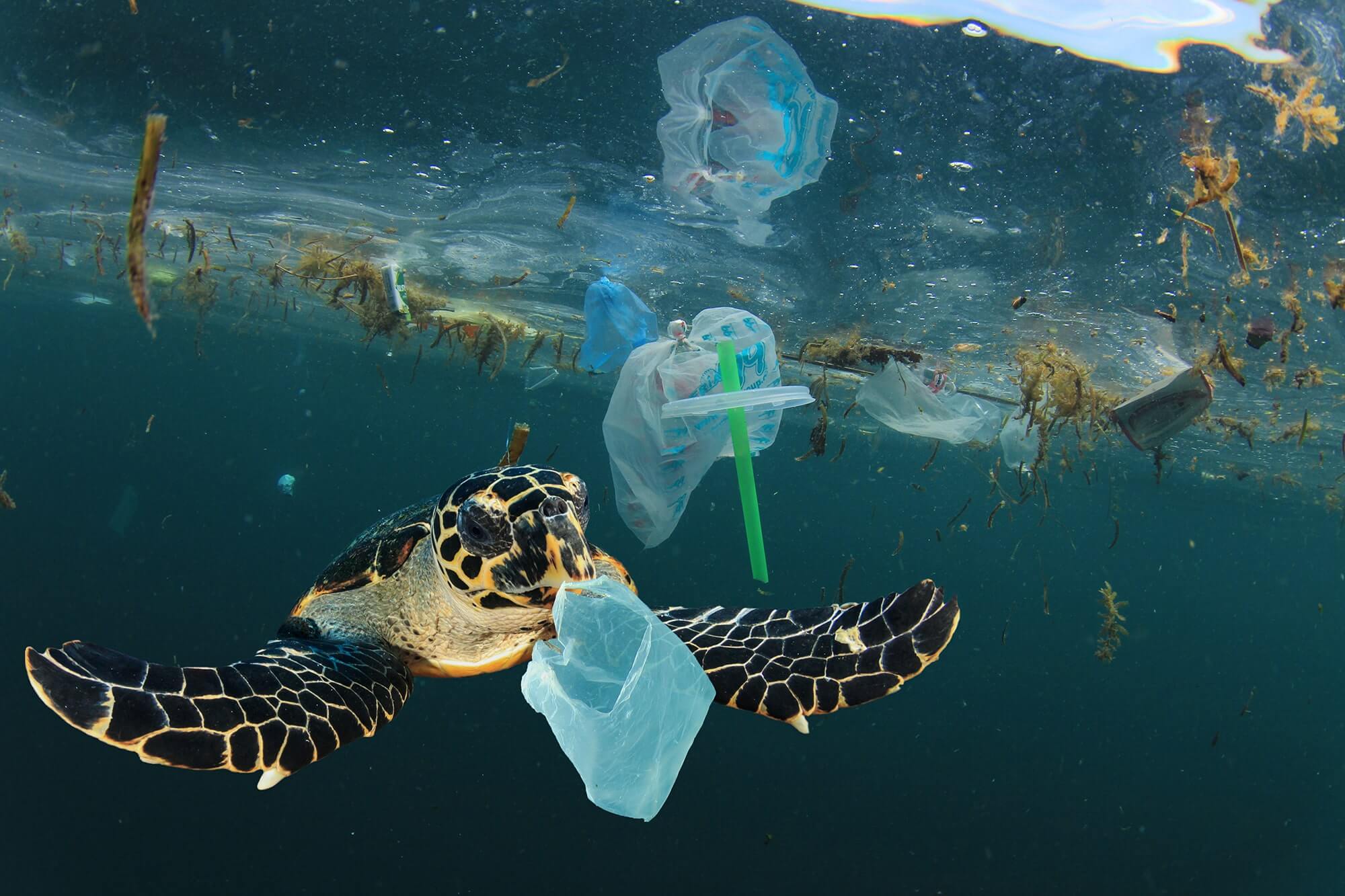
Microplastics: A looming peril
However, the ramifications extend beyond this horizon. Under the influence of solar rays, wind currents, and the ceaseless churn of waves, plastics deposited within our oceans gradually disintegrate into microscopic fragments known as microplastics and even more minuscule nano plastic particles. Laden with a diverse array of chemicals, these minute particles infiltrate the very tissues of marine organisms, permeating even those creatures nestled within the human food chain.
Remarkably, some regions within the Mediterranean Sea witness an alarming spectacle, where concentrations of microplastics on the ocean surface surge to staggering heights, tallying over 64 million microparticles per square kilometre. Further compounding this concern, our oceans contend with an influx of approximately 10 million metric tonnes of plastic waste annually—a stockpile destined to deteriorate over hundreds, if not thousands, of years.
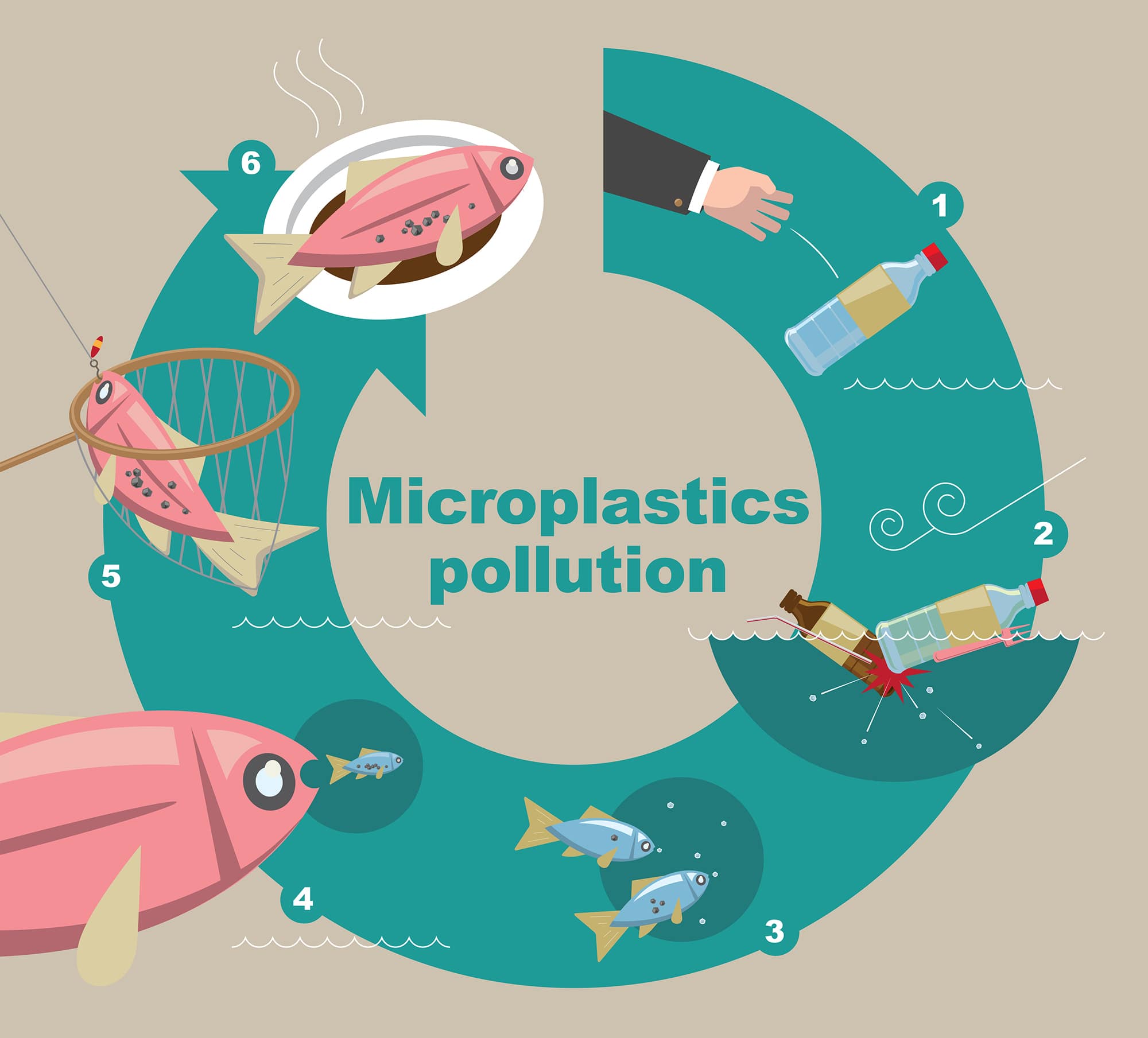
The peril of chemical waste
The menace of waterborne chemical pollution stems from detrimental substances introduced by various human activities. The proliferation of industrialised agriculture on a global scale, coupled with the escalating utilisation of pesticides, fertilisers, and the unbridled discharge of industrial waste, along with inadequately treated urban wastewater, imperil both aquatic and marine ecosystems. These activities cast a long shadow with dire consequences for health and biodiversity.
Compounding this crisis is the tenacity of many chemical pollutants, which defy degradation over extended periods or prove resistant to comprehensive removal. As such, they endure in the environment, poised to menace it for generations. Among the most treacherous are those deemed persistent, bioaccumulative, and toxic. These stubborn substances resist disintegration, accumulating within marine organisms and subsequently infiltrating the very fabric of the food chain. The evidence is striking, with marine creatures like seals and substantial fish bearing contamination levels in their bodies that dwarf those found in their surroundings by a magnitude of millions.
Furthermore, oil-based pollutants cast a pall over photosynthesis in oxygen-generating marine microorganisms. Meanwhile, the pernicious aftermath of agricultural chemicals orchestrates eutrophication, inducing detrimental effects. The ramifications of these chemical assaults on our marine habitats are profound and multifaceted, underscoring the pressing need for action.
Strategies to combat marine pollution
Marine pollution stands as a collective global concern, stemming from diverse origins and affecting us universally. As individuals and as a collective, we possess the means to counter this issue by adopting pragmatic measures. These strategies centre around the following key pillars:
Minimising plastic waste and usage: A crucial first step involves reducing the consumption of plastic and finding alternatives wherever possible.
Embracing recycling: By committing to recycling objects once their utility wanes, we extend their lifecycle and divert them from becoming pollutants.
Fostering reuse: Objects that still possess functionality should be given a second life, reducing the demand for new items and lessening the burden on our oceans.
Championing volunteering and clean-ups: Active participation in beach clean-up initiatives showcases our commitment to combat marine pollution.
Enforcing effective waste management: Employing proper disposal methods for waste ensures that potential pollutants are contained and managed responsibly.
Practising responsible chemical usage: Meticulous employment of chemicals, considering their environmental impact, safeguards marine ecosystems from hazardous pollutants.
This collective endeavour addresses the monumental challenge of marine pollution, where even the most minor actions can yield momentous positive outcomes. Our seas constitute an integral facet of our existence, and through a concerted, collaborative endeavour, we can shield them, forging a pristine and sustainable legacy for generations to come.
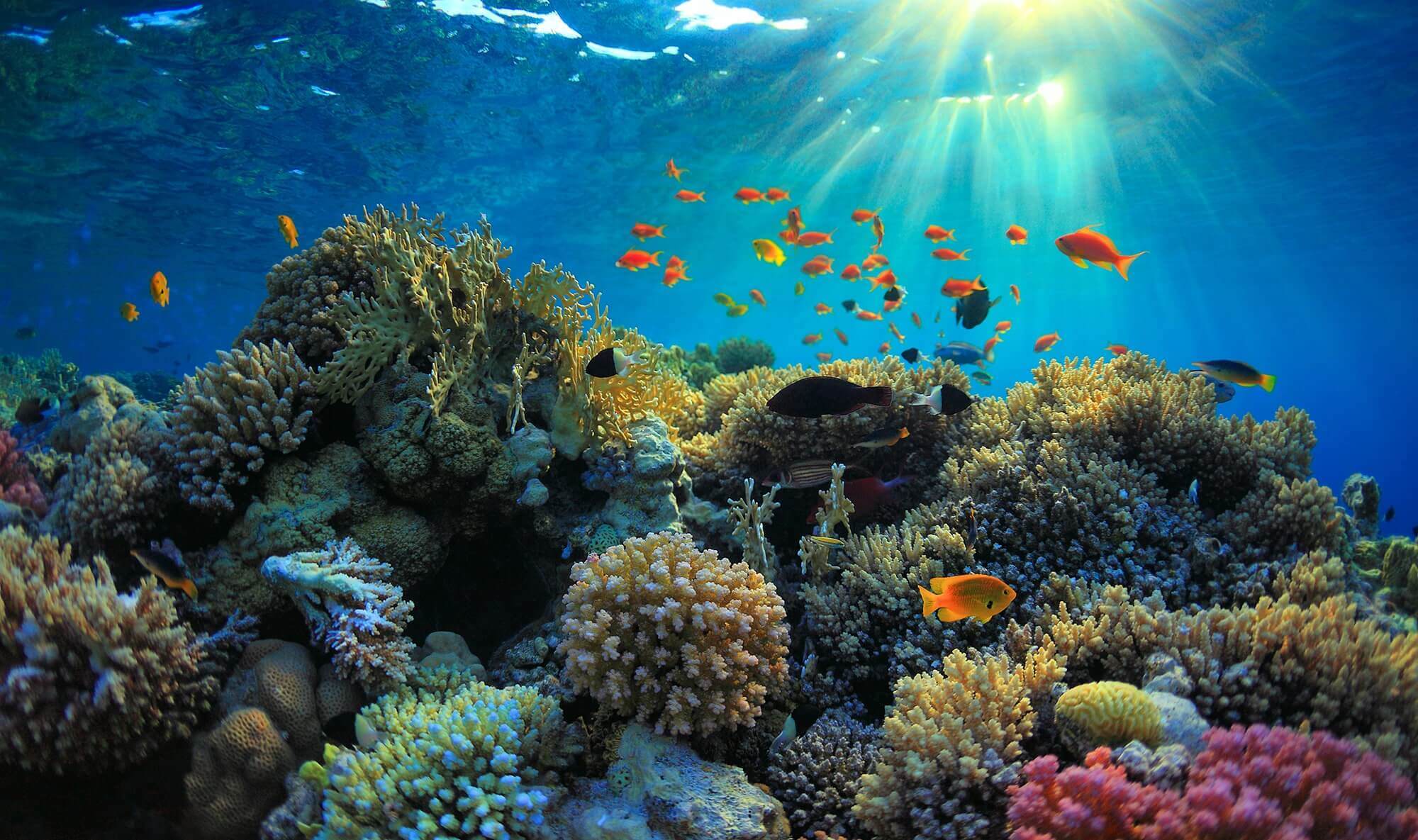
Contact
For sustainable development and corporate social responsibility issues, please fill out the form with your details and we will contact you.
Contact form
